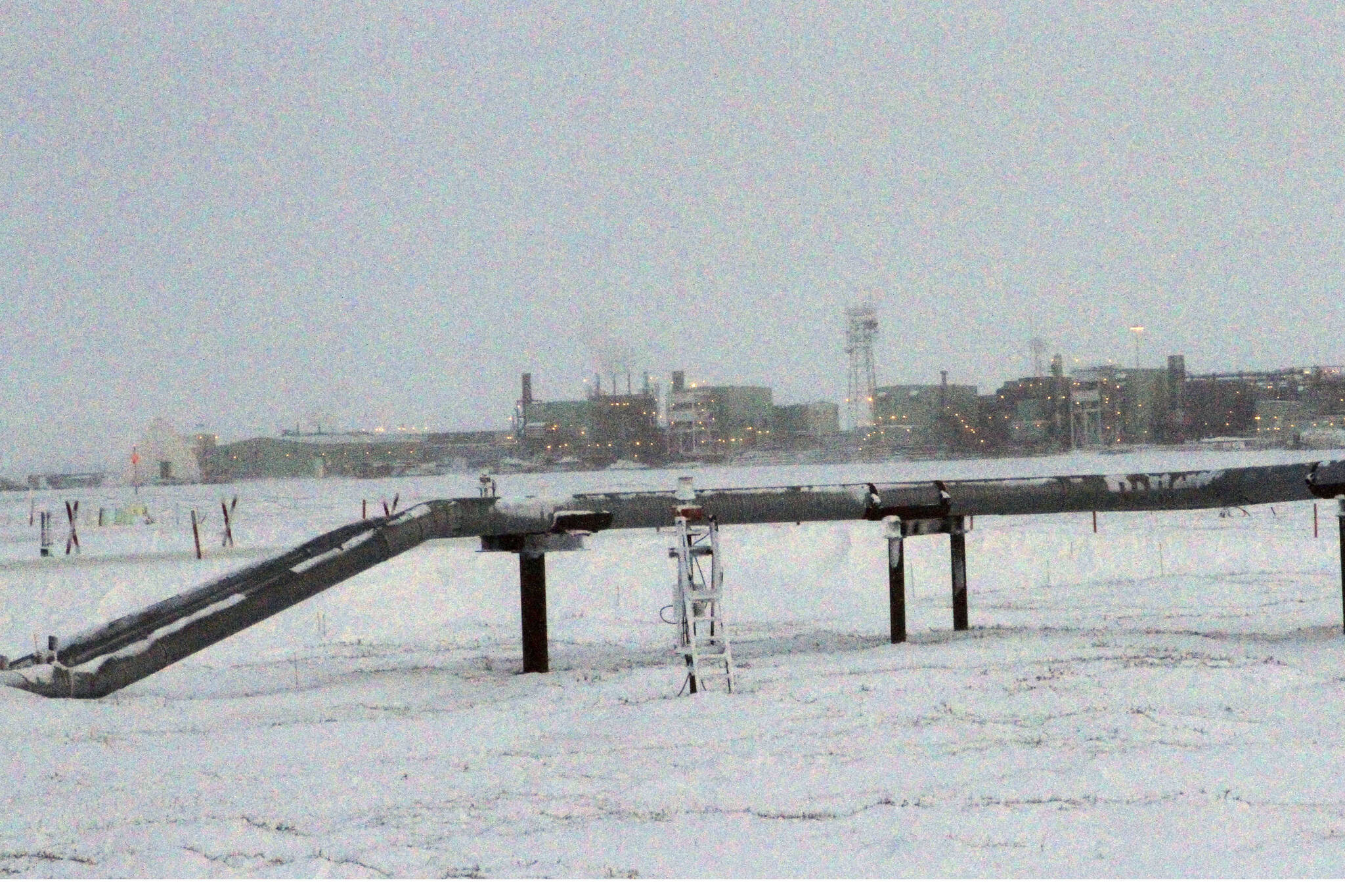By Becky Bohrer
Associated Press
The U.S. Bureau of Land Management is expected to reevaluate a Trump-era environmental review that provided a basis for plans to open an additional roughly 6.8 million acres in the National Petroleum Reserve-Alaska to oil and gas leasing.
A memo outlining the planned review accompanied government filings in lawsuits brought by conservation and environmental advocacy groups. Those lawsuits challenged the adequacy of the environmental analysis underpinning the plans that were finalized in the final weeks of the Trump administration.
U.S. Justice Department attorneys on Tuesday requested stays in the cases pending the new evaluation.
The memo, dated Friday, was from Laura Daniel-Davis, principal deputy assistant secretary for land and minerals management for the Interior Department. She said she was directing the land management agency to evaluate the environmental review and related analyses.
She wrote that the department had not yet decided whether to “withdraw or replace” the 2020 plan. But she said the department’s initial assessment was that it was “inconsistent” with policy set out in a January executive order from President Joe Biden.
Biden’s order lists as administration policy such things as protecting the environment and reducing greenhouse gas emissions.
Daniel-Davis’ memo does not go into great detail on areas the department deemed problematic but describes the 2020 plan as containing provisions that “reduce environmental protections in favor of further promoting oil and gas development.”
Daniel-Davis said the Bureau of Land Management was not to offer for lease tracts in the areas that would be newly opened under the Trump-era plan while the evaluation was under way.
She said the agency would provide the status of its review and “related actions” within 120 days from the date of the memo.
The Interior Department “is committed to protecting public health, conserving land, water, and wildlife, and ensuring that management of our public lands and oceans is guided by science, equity, and community engagement,” spokesperson Tyler Cherry said in a written statement.
The announced review is in line with Biden’s directive “to review and address agency regulations and programs that conflict with this Administration’s climate priorities,” the statement says.
On Dec. 31, then-Interior Secretary David Bernhardt finalized a decision that made about 18.6 million of the reserve’s roughly 23 million acres available for oil and gas leasing, according to the Bureau of Land Management. The land agency, in announcing the decision, said the plan contained “important safeguards for wildlife and sensitive resources, while allowing for responsible oil and gas leasing.”
Suzanne Bostrom, an attorney with Trustees for Alaska who is representing some of the groups in the litigation, said Wednesday that she saw as encouraging the department’s intent to review the Trump-era plans.
Conservationists, among other things, have cited concerns with possible impacts from development on the Teshekpuk Lake Special Area, which they’ve described as a productive wetlands complex and caribou calving area.
Republican Gov. Mike Dunleavy, who has been at odds with the Biden administration on some oil and gas and forestry issues, in a social media post Wednesday called the planned review a “politically motivated stunt” and short sighted.

